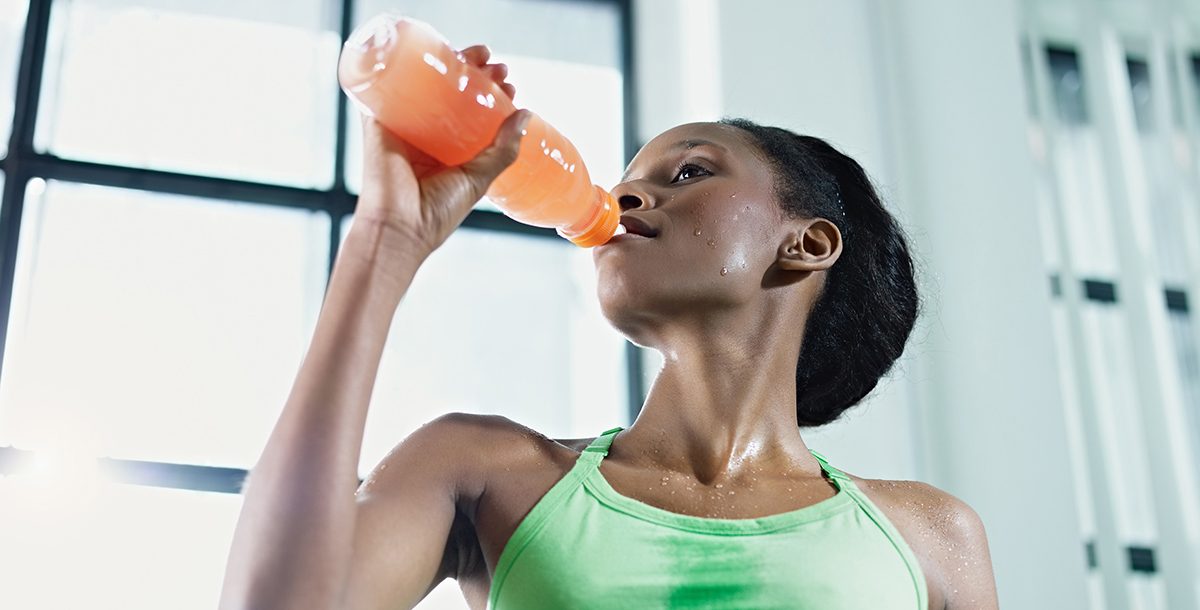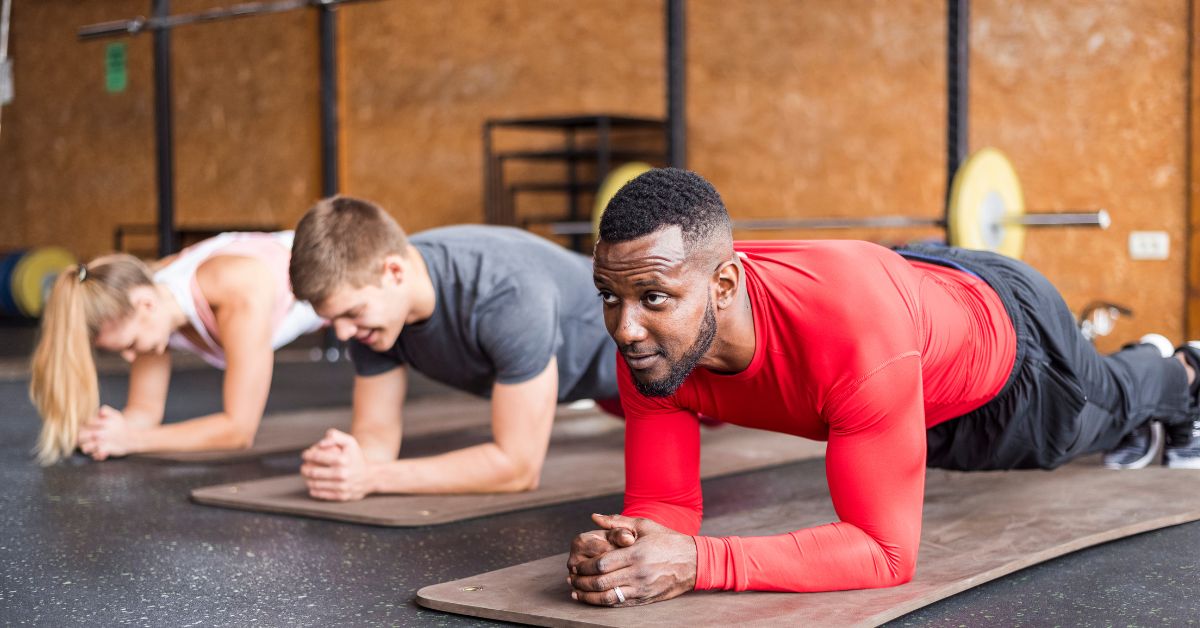If you enjoy working out or your kids play sports, chances are you’ve heard of sports drinks. For breaks at soccer practice or a post-run pick-me-up, these colorful beverages offer thirst-quenching energy.
But the question is, are sports drinks healthy? To learn more about these drinks and which ones to buy, read this handy guide.
Benefits of sports drinks
Sports drinks offer a few benefits to active people. First, they contain electrolytes. These are minerals your body needs to function, such as calcium, potassium and sodium.
When you sweat during exercise, you can lose some of these important minerals. If your levels get too low, you can get muscle cramps or become:
- Dizzy
- Confused
- Sick to your stomach
Drinks with electrolytes help prevent these symptoms. And they help keep your body hydrated, too. During exercise, you should drink fluids regularly to replace what you lose through sweat.
Disadvantages of sports drinks
Although they offer some key benefits, most sports drinks contain too many calories and too much sugar to be considered healthy.
For instance, a 20-ounce sports drink contains about 140 calories and about 34 grams of sugar. This is fewer calories and sugar than you’ll get in a 20-ounce bottle of cola at 240 calories and 65 grams of sugar. However, it’s the same amount of calories and more sugar than you’ll get from a cinnamon roll at 140 calories and 23 grams of sugar. So, if you drink too many sports drinks, you may gain weight or develop health problems.
Some research shows that getting too many calories from liquids can affect your blood sugar. Drinking one to two sugary drinks per day can raise your risk of getting type 2 diabetes by 26 percent as compared to people who drink one or fewer sugary drinks each month.
What sports drinks should I buy?
When shopping for sports drinks, think about your needs. If you’re a long-distance runner, you may need a high-calorie drink with lots of carbs to keep your energy up. But if you’re exercising to lose weight, you may want a sugar-free drink.
If you’re looking for healthy drinks that fall somewhere in between, choose products with about 14 grams of sugar. No matter which sports drink you choose, don’t forget to look for calcium, potassium and sodium on the label. To prevent a queasy stomach, make sure the drinks you buy aren’t carbonated.
Alternatives to sports drinks
If you’re looking for healthy drinks for sports and exercise that are lower in sugar, you have a few different choices. Organic coconut water has about 44 calories in an 8-ounce serving and about 10 grams of natural sugar. Key minerals you’ll find in coconut water include potassium and a small amount of sodium. Shop for coconut water products with added sodium for strenuous activity.
If you prefer a low-calorie drink, you may want to buy fitness water at about 10 calories per serving. This is a good choice for activities with mid-level intensity. Fitness water is just water with fruit flavoring, so it works well for hydrating your body. Some brands contain added vitamins and minerals.
How to stay hydrated when exercising
During any kind of exercise, fluids offer several benefits, including:
- Helping your muscles work better
- Keeping your joints supple
- Flushing toxins from your body
To stay hydrated while exercising, drink two cups of water about two hours prior to activity. While you’re exercising, try to drink about six ounces of water every 20 to 30 minutes. For easy access, fill a large water bottle and bring it along with you.
Learn more about the orthopedics and sports medicine services we offer at Bon Secours.





